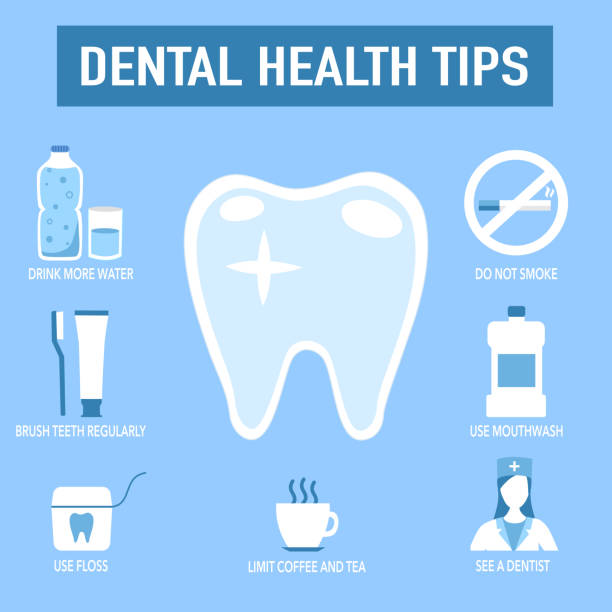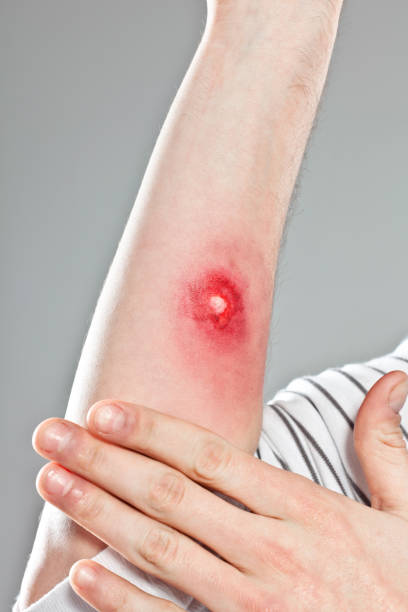Sleep apnea is a condition in which you may experience trouble breathing while sleeping. In this, your upper airflow gets blocked, making it harder to breathe. If you leave this condition unchecked for a long time, it may cause restlessness, heart disease, and severe depression. The intensity and risk of sleep apnea can depend on factors like age, tonsils, obesity, and family history.
This blog can help you deep dive into sleep apnea and preventative treatments to cure this condition.
In this type of sleep apnea, the excessive relaxation of your muscles, including the soft palate, called the uvula. This makes the tonsils hit the side walls of the throat, making the airway narrow. This relaxation disrupts air intake, resulting in lower oxygen levels in your blood.
Your brain can briefly make you awake to reopen your airway, but this pattern can repeat all night. However, timely sleep apnea treatment can cure this condition using scientific methods like CPAP machines.
The following are some common causes of this sleep apnea.
If you have large tonsils or a swollen or big tongue, you may experience this condition.
As per studies, men are more likely to experience this type of sleep apnea.
Obesity is a very common reason, increasing the chances of obstructive sleep apnea. In this, fat tissues get collected in the neck area, blocking the upper airways.
High levels of endocrine and hormonal disorders affect the shape of your tongue and face. Those suffering from PCOS can develop this condition.
If your family has a history of sleep apnea or Down syndrome, you are at a higher risk.
Excess smoking and alcohol can relax your throat muscles, increasing your chances of sleep apnea.
Central sleep apnea is considered a more fatal condition as the brain does not signal you to wake up. This means that if you have breathing issues during sleep, your brain is unable to coordinate with breathing-related muscles. The following are the causes of central sleep apnea:
Babies who are born before 37 weeks are at a higher risk of central sleep apnea.
With growing age, your brain functions can slow, leading to this condition.
If you lead a slow lifestyle and are an active drinker, it can cause brain functions to slow and loss of breathing control.
Prolonged use of opioid-based pain medicine may cause brain dysfunctions during sleep.
The following are common ways to treat sleep apnea in patients of various ages and conditions:
A continuous positive airway pressure machine is a common treatment for sleep apnea.
Changing sleeping positions can help avoid pressure on your airways.
Wearing oral appliances that keep your airways open during sleep.
Undergoing nasal and jaw surgery to cure extreme sleep apnea.
Managing underlying conditions like hormonal disorders, obesity, and a lack of body movement.
Remember that sleep apnea is not a condition to be taken lightly. A healthcare provider can offer the best advice and treatment method to improve your condition. This can help you sleep better, reduce the risk of depression, and increase your life expectancy.




Want to add a comment?